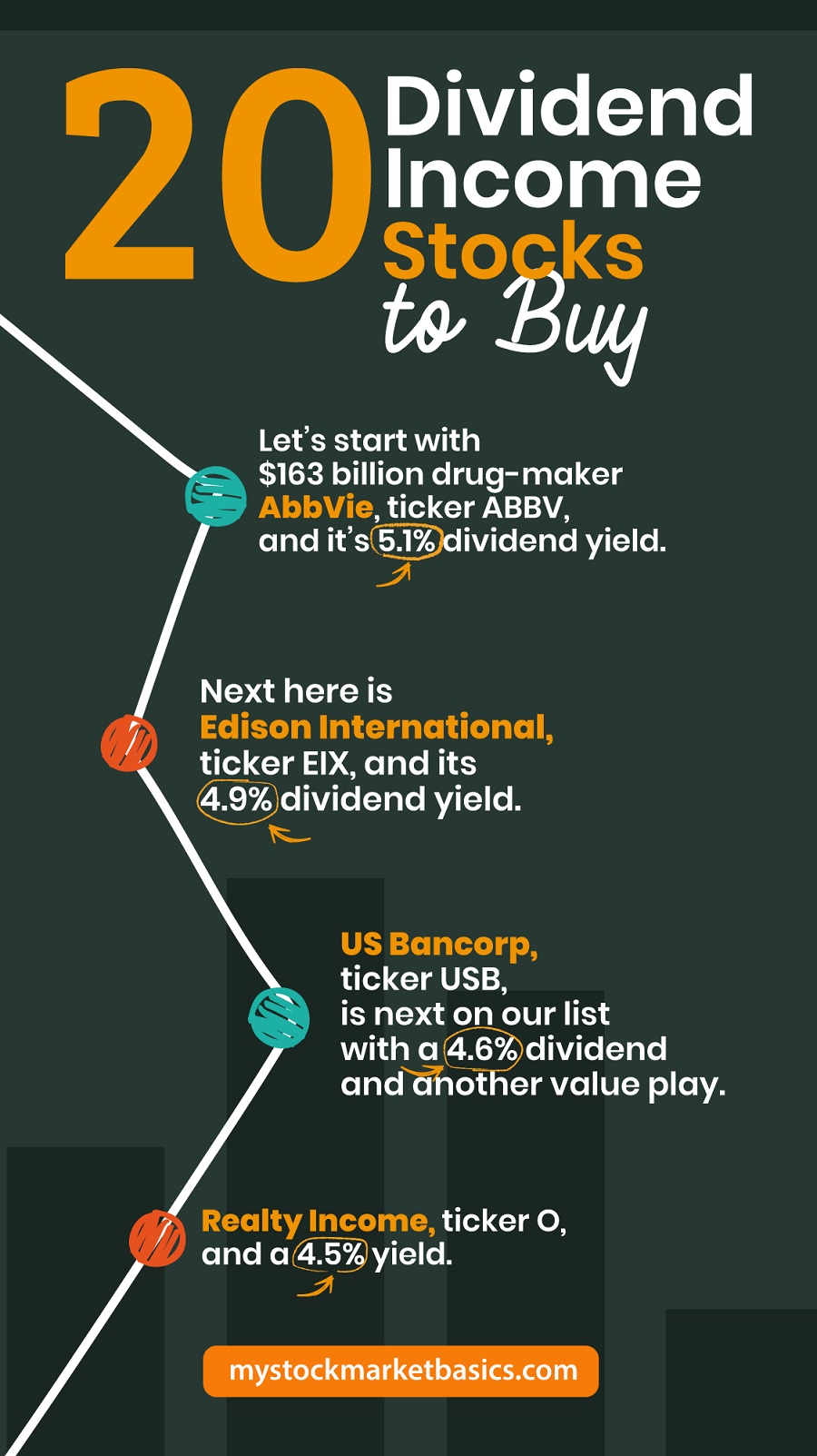
Of course, the differences between direct real-estate investment and investing into a REIT are often very significant. This article will examine both options from the perspective of income potential and cost efficiency. This will help you decide which investment option is most suitable for you. Continue reading to find out more. Here are the pros and cons of each type of investment vehicle. Consider investing in an REIT if real estate is something you want to invest.
Investing In A REIT
You might be interested in real estate investments. Are you wondering what the differences are between buying shares in REITs or directly owning properties? While both types are good for generating recurring income they have significant differences. Directly owning property gives you the freedom to design your building and choose the tenants you wish to live there. While REITs don't provide this level, they can offer a sense and investment that is both emotional and prideful.

Investing in a direct real estate investment
Direct investment in real estate properties gives you the freedom of choosing the property that suits your needs. Direct real estate investors have the ability to set rental rates, select tenants, and choose how many properties they want to purchase. If interest rates drop, you can refinance your mortgage and tap into your home's equity. However, direct real estate investors also have to deal with liability issues and problems with tenants.
Cost efficiency
Cost segregation analysis plays an important role in determining the overall cost efficiency for a real estate investment trust. This strategy could be beneficial for a REIT as it reduces its dividend obligation due to increased depreciation combined with lower distribution requirements. Cost segregation allows management the flexibility to buy only what it needs to insure its assets.
Income
Earning income through real estate has many benefits. Renting out your property to others is one of the traditional ways to do this. This can be done in single-family homes or multifamily properties. This income can cover your mortgage payment and any other housing expenses that may come up. Renting your property can be done by you or by a property management company. These are some of our most popular real estate types that you can rent.

Taxes
The tax benefits of owning REITs are not new and will continue to grow with the introduction of federal tax rules. The hefty deductions are one of the main advantages REITs have over directly-owned property. A neglected provision in tax law permits you to deduct REIT income as part of your taxable income. Investors with higher incomes will find this particularly beneficial. These are just a few of the tax benefits REITs offer.
FAQ
What is the difference of a broker versus a financial adviser?
Brokers specialize in helping people and businesses sell and buy stocks and other securities. They take care of all the paperwork involved in the transaction.
Financial advisors are experts on personal finances. They help clients plan for retirement and prepare for emergency situations to reach their financial goals.
Banks, insurers and other institutions can employ financial advisors. They can also be independent, working as fee-only professionals.
You should take classes in marketing, finance, and accounting if you are interested in a career in financial services. Additionally, you will need to be familiar with the different types and investment options available.
Who can trade in the stock market?
Everyone. All people are not equal in this universe. Some people have more knowledge and skills than others. They should be rewarded.
Other factors also play a role in whether or not someone is successful at trading stocks. If you don’t have the ability to read financial reports, it will be difficult to make decisions.
These reports are not for you unless you know how to interpret them. Each number must be understood. It is important to be able correctly interpret numbers.
If you do this, you'll be able to spot trends and patterns in the data. This will help to determine when you should buy or sell shares.
If you're lucky enough you might be able make a living doing this.
What is the working of the stock market?
By buying shares of stock, you're purchasing ownership rights in a part of the company. A shareholder has certain rights. He/she can vote on major policies and resolutions. He/she may demand damages compensation from the company. He/she may also sue for breach of contract.
A company cannot issue more shares than its total assets minus liabilities. It is known as capital adequacy.
A company that has a high capital ratio is considered safe. Low ratios can be risky investments.
What is a mutual fund?
Mutual funds are pools of money invested in securities. They offer diversification by allowing all types and investments to be included in the pool. This helps to reduce risk.
Managers who oversee mutual funds' investment decisions are professionals. Some funds let investors manage their portfolios.
Most people choose mutual funds over individual stocks because they are easier to understand and less risky.
What is a bond and how do you define it?
A bond agreement between 2 parties that involves money changing hands in exchange for goods or service. It is also known by the term contract.
A bond is typically written on paper and signed between the parties. This document details the date, amount owed, interest rates, and other pertinent information.
The bond can be used when there are risks, such if a company fails or someone violates a promise.
Many bonds are used in conjunction with mortgages and other types of loans. This means that the borrower has to pay the loan back plus any interest.
Bonds can also be used to raise funds for large projects such as building roads, bridges and hospitals.
When a bond matures, it becomes due. The bond owner is entitled to the principal plus any interest.
If a bond isn't paid back, the lender will lose its money.
Statistics
- "If all of your money's in one stock, you could potentially lose 50% of it overnight," Moore says. (nerdwallet.com)
- US resident who opens a new IBKR Pro individual or joint account receives a 0.25% rate reduction on margin loans. (nerdwallet.com)
- Individuals with very limited financial experience are either terrified by horror stories of average investors losing 50% of their portfolio value or are beguiled by "hot tips" that bear the promise of huge rewards but seldom pay off. (investopedia.com)
- The S&P 500 has grown about 10.5% per year since its establishment in the 1920s. (investopedia.com)
External Links
How To
How to Trade in Stock Market
Stock trading can be described as the buying and selling of stocks, bonds or commodities, currency, derivatives, or other assets. Trading is French for traiteur. This means that one buys and sellers. Traders buy and sell securities in order to make money through the difference between what they pay and what they receive. This is the oldest type of financial investment.
There are many ways to invest in the stock market. There are three types of investing: active (passive), and hybrid (active). Passive investors simply watch their investments grow. Actively traded traders try to find winning companies and earn money. Hybrid investors use a combination of these two approaches.
Passive investing is done through index funds that track broad indices like the S&P 500 or Dow Jones Industrial Average, etc. This strategy is extremely popular since it allows you to reap all the benefits of diversification while not having to take on the risk. All you have to do is relax and let your investments take care of themselves.
Active investing is about picking specific companies to analyze their performance. Active investors look at earnings growth, return-on-equity, debt ratios P/E ratios cash flow, book price, dividend payout, management team, history of share prices, etc. They decide whether or not they want to invest in shares of the company. If they feel that the company is undervalued, they will buy shares and hope that the price goes up. They will wait for the price of the stock to fall if they believe the company has too much value.
Hybrid investing blends elements of both active and passive investing. For example, you might want to choose a fund that tracks many stocks, but you also want to choose several companies yourself. This would mean that you would split your portfolio between a passively managed and active fund.